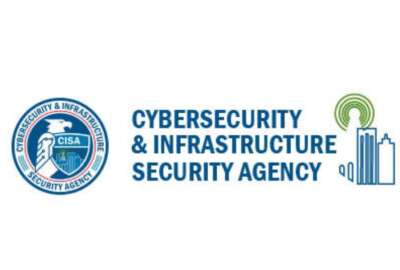25-point IT plan summary
In September 2010, the White House released its 25-point plan for IT reform, aimed at eliminating flailing programs, shifting to a "cloud first" policy and...
The White House released its 25-point plan for IT reform two years ago. The plan was aimed at eliminating flailing programs, shifting to a “cloud first” policy and consolidating data centers.
Here is a summary of the 25 points:

1. Consolidate data centers
The original goal was to consolidate at least 800 data centers by the end of 2015 — OMB has since increased the goal to 1,200 data centers.
2. Create a data center ‘marketplace’
The online list allows agencies needing data capacity to find agencies with extra capacity.
3. Cloud-first
CIOs identified “must move” services and created a plan for migrating those services to the cloud.
4. Contract vehicles for cloud Infrastructure-as-a-Service
The General Services Administration will make available a set of contract vehicles for cloud-based IaaS solutions.
5. Contract vehicles for commodity services
A Software-as-a-Service E-mail Working Group is developing technical requirements for cloud email.
6. Shared services
Agencies develop a “roadmap” for shared services.
Program Management
7. IT program management career path
The Office of Personnel Management and OMB will create an advancement path, including recruiting and hiring, for IT program managers.
8. Scale IT program management career path governmentwide
9. Integrated program teams
IT programs must include multi-disciplinary teams, including agency leaders and professionals in the IT, acquisition, financial management and legal departments.
10. Collaboration platform
The Federal CIO Council will develop an onlint portal to share best practices.
11. Technology Fellows Program
CIOs will recruit by partnering with universities with “well-recognized” technology programs.
12. IT program manager mobility
Agencies will offer rotational opportunities to share knowledge and expertise across government.
Align Acquisitions with Technology Cycle
13. Cadre of specialized IT acquisition professional
The Office of Federal Procurement and CIOs will design training for acquisition professionals to develop specialized knowledge to speed up complex IT acquisitions.
14. OFPP to develop IT acquisition best practices
15. Contracting guidance for modular development
OFPP will develop templates and samples for modular contracting practices that allows flexibility for evolving technical requirements.
16. Increase opportunities for small tech companies
Align Budget Process with Technology Cycle
17. Work with Congress on flexible IT budget models
18. Develop supporting materials for flexible IT budget models
The Federal CIO council will create “playbooks” with best practices for this kind of funding.
19. Scale flexible IT budget models more broadly
20. Consolidate commodity IT spending under CIO
Improve Accountability
21. Strengthen Investment Review Boards
These boards were created to evaluate the results of major IT investments. The plan calls for restructuring the boards to the “TechStat” model.
22. Redefine role of CIO
CIOs’ role will shift from mostly policymaking and infrastructure maintenance to portfolio management. Agencies must terminate at least one-third of their poorly performing projects.
“TechStat” model at bureau level
CIOs and agency leaders will roll out tools and training for TechStat-like sessions.
Engagement with Industry
24. “Myth-busters” campaign
Myths that industry and government can’t engage with each other creates an “artificial barrier” and reduces agencies’ access to market information, the plan states. OFPP issued a memo in January 2011 that supported discussions and outreach efforts with key stakeholders.
25. Interactive platform for pre-RFP collaboration
GSA will launch a governmentwide, online platform for agencies to tap into industry knowledge prior to issuing a request for proposal.
RELATED STORIES
VanRoekel says IT reform plan ‘shocked’ system into change
Copyright © 2024 Federal News Network. All rights reserved. This website is not intended for users located within the European Economic Area.





